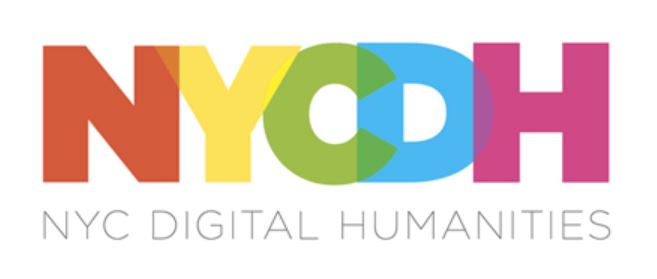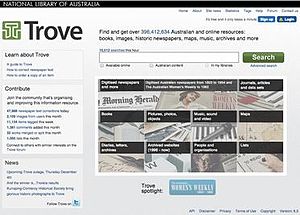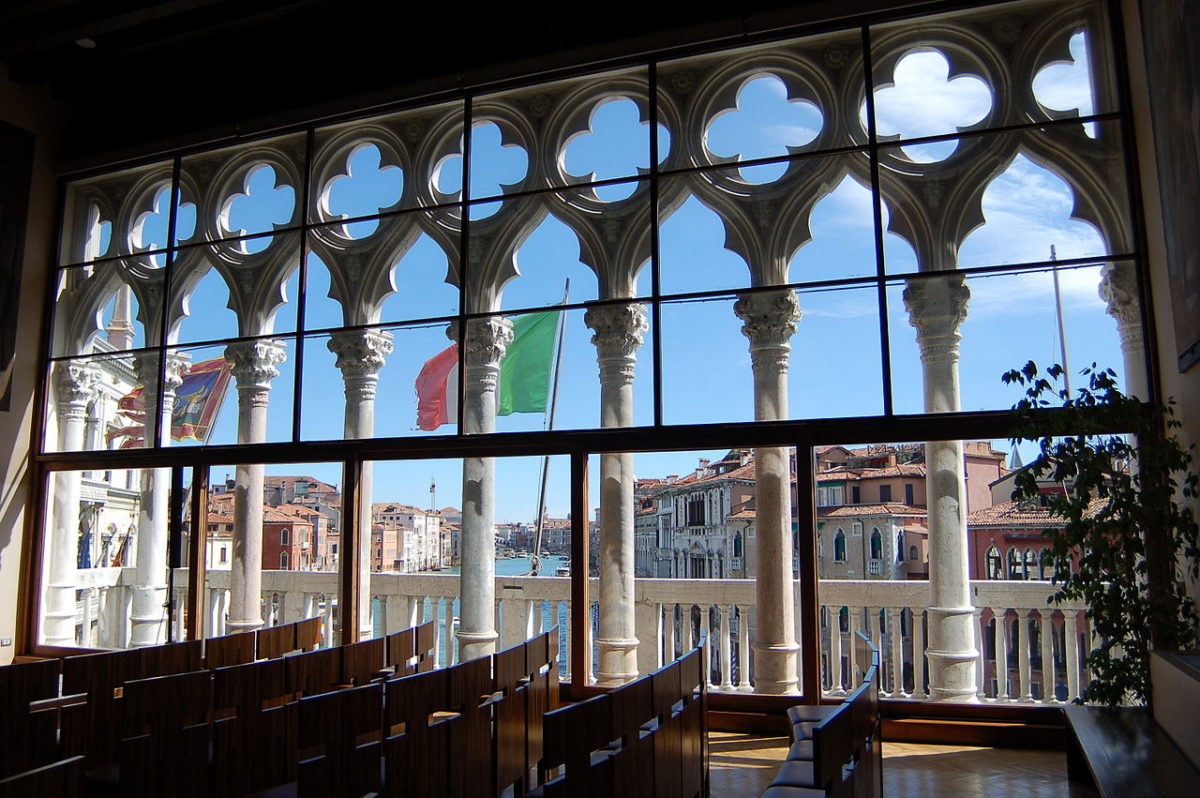The Humanities Intensive Learning & Teaching Institute (HILT) is delighted to announce registration for our 2020 Institute is now open. HILT2020 is hosted by the Center for Digital Research in the Humanities at the University of Nebraska Lincoln, May 18-22, 2020.
Courses for HILT2020 are:
Anti-Racist Feminist Digital Humanities
Critical Digital Curation: Taking Care of Black Women’s Material Culture
Getting Started with Data, Tools, and Platforms
Introduction to Text Encoding
Introduction to Web Development Design and Principles
Latinx Digital Praxis: From theAnalog to the Digital
Spatial Analysis: Theory, Methods, and Applications
Teaching DH: Assignment, Syllabi, Curricula
For more information on HILT2020 including registration, costs, and scholarships please visit: http://dhtraining.org/hilt/conferences/hilt-2020/. To register directly, please visit: https://cvent.me/4BrrGO
Anti-Racist Feminist Digital Humanities
Taught by Anne Cong-Huyen and Dhanashree Thorat
In the last few years, we have seen a resurgence of minority activisms, ranging from Black Lives Matter to the Me Too movement, from Standing Rock to Puerto Rico, even as white supremacist and xenophobic ideologies and policies have flourished. When silence can be tantamount to complicity, what is our responsibility as academics and what can digital humanities offer in this era of renewed political activism?
This course takes a historically grounded approached to apply anti-racist feminist praxis to digital humanities. Focusing particularly on labor, infrastructure, methods, and pedagogy, we will interrogate the silences and gaps in digital humanities as well as work to adopt and embed anti-racist praxis in our digital humanities work. These are some of our guiding questions our course will take: What can digital humanities practitioners learn from past and current liberation movements? How do we build and support anti-racist feminist movements and networks in our digital humanities work? How can digital humanities pursue community accountability and advocacy?
This is an introductory course and we will begin with foundational scholarship on anti-racist praxis as well as the disciplinary critique of digital humanities by #transformDH and #DHpoco. No prior coding experience is needed and readings will be provided. As scholars and librarians with backgrounds in Asian American studies and community organizing, we center scholarship and knowledge production from Black, Indigenous, Brown, and Global South scholars and activists. Each day will combine conversation and dialogue with hands-on activities. The goal of this course is to enable participants to reflect on and implement anti-racist praxis in their own scholarship, methodology, pedagogy, and labor practices. This course will be taught using Emergent Strategy & Anti-Oppressive Facilitation methods, practices drawn from community organizing that build care into their processes.
Participants will collaboratively build a guide and bibliography for anti-racist feminist digital humanities, with the intent of future peer review and publication.
Critical Digital Curation: Taking Care of Black Women’s Material Culture
Taught by Aleia Brown
This course will teach participants an approach to theory and practice of critical curation and web publishing for material culture that is grounded in historical inquiry and context. Participants new to digital curation will learn how to use common tools, while more proficient digital humanist might learn new methodologies around critical curation and harm reduction. A survey of Black women’s material culture will form the central case study for the course. Participants will have the opportunity to work with data sets provided by the instructor that surface how Black women have fashioned themselves (through adornment), their environments (through utilitarian, and decorative and fine arts), and their experiences (through in-person and digital aesthetic choices). While the material culture presents compelling cause for celebration and appreciation, they also invite us to confront issues of appropriation, violation of sacred interior spaces, and barriers into the creative economy. By positioning Black women as makers, participants will also understand the dynamics of their work and their role in both historical and contemporary struggles for freedom. Exploration of the social, cultural, political, and economic implications will help participants understand how they might ultimately manage data and develop digital exhibitions of their own. Together, we will explore how our work as digital humanists can abet or reduce the harms that hitch on to hypervisibility and erasure of Black women and their creative work.
Participants will learn to employ historical and critical digital curation practices for any data set. Those with projects in progress are encouraged to join and share their experiences and concerns to enrich our group discussions. The lab portion of this course will involve a deep dive into learning Omeka and Scalar. The lab will also briefly introduce other tools like Audacity, Etherpad, Storymaps, and Unity that participants can use to create more dynamic digital collections. Participants will complete the course with a strong grasp on ethics around image-use, copyright, and digital stewardship.
Together we will explore the following questions:
- What do we gain (or lose) by embracing historical inquiry that explores the material and digital worlds?
- How can we employ methodologies of care while exploring and exhibiting very interior and sometimes sacred spaces and histories in public?
- What processes can we employ that do not aid in the harm that comes with Black women’s hypervisibility and erasure?
- What does thoughtful digital curation entail?
Learning Objectives:
By the end of the intensive course, participants will be able to:
- Apply the idea of thoughtful digital curation
- Design a multi-media online exhibition using Omeka and Scalar
- Understand and apply a methodology around studying and making public interior histories
Getting Started with Data, Tools, and Platforms
Taught by Brandon Locke and Catherine DeRose
Starting a digital humanities research project can be quite intimidating. This course is designed to make that process less so by exploring tools and platforms that support digital humanities research, analysis, and publication. We will begin by reframing sources as data that enable digital research. We will work throughout the week on approaches to (1) finding, evaluating, and acquiring (2) cleaning and preparing (3) exploring (4) analyzing (5) communicating and sharing data. Emphasis will be placed across all stages on how to manage a beginner digital research project in such a way that helps to ensure that your project remains accessible, that the process is well documented, and that the data are reusable.
Throughout this course, we will examine several existing projects, and move through the process of collecting, cleaning, and structuring humanities data and sources and plugging them into tools and platforms to analyze, visualize, share, and publish the data and analysis. Exploration of these stages of project-building will include a technical walk-through, as well as an examination of the tools and their underlying methodologies.
Introduction to Text Encoding
Taught by Laura Weakly
Introduction to Text Encoding is a beginning level class designed to familiarize humanities scholars with encoding textual materials according to the Text Encoding Initiative (TEI) Guidelines. The TEI Guidelines have long been the de facto international standard for encoding a wide variety of textual materials from books and manuscripts to magazines, correspondence, and legal documents.
We will look at current TEI-encoded digital humanities projects including, but not limited to: the O Say Can You See: Early Washington D.C. Law and Family Project, the Charles Chesnutt Digital Archive, and the Every Week Magazine Project. We will discuss how the use of TEI aids in providing access and discoverability. We will discuss not only the hows of text encoding — what tags to use and where to use them — but also the whys — what aspects of the materials are encoded and how that encoding will impact scholars and other end users of the materials.
The course also acknowledges that TEI may not be appropriate for all materials and so it will touch on other approaches that may work better in those circumstances. Readings will be provided prior to the class for in-class discussion. Participants will be encouraged to bring their own source materials if available.
Introduction to Web Development Design and Principles
Taught by Karin Dalziel
This course will provide an overview of web development and design principles for beginners. You’ll receive an introduction to the skills and tools to publish a project online that will include basic skills like choosing a domain name, finding a web host, and how to configure your host. Students will be encouraged to acquire their own server space with support from instructors, but this is not required.
From there, the course will explore the basics of web development, including HTML, CSS and Javascript; command line basics; version control using git; and managing your data and preparing it for publication. We will also explore publishing platforms, from a full fledged Content Management System (CMS) to static HTML/minimalist computing methods.
Finally, we’ll discuss how to conceptualize your website/project including, but not limited to: deciding on your site structure, navigation, and layout; adhering to web standards and accessibility; applying metadata to your site so it appears well in search results; designing for multiple platforms; and the basics of visual design.
By the end of this course, students will be capable of publishing a functional website. Students are encouraged to bring a small sample dataset or ideas for a publication to assist with this effort. Participants should bring their own laptop with them or contact the instructor if you cannot.
Latinx Digital Praxis: From theAnalog to the Digital
Taught by Gabriela Baeza Ventura and Carolina Villarroel
Latinx Digital Praxis: From the Archive to the Digital explores analog and digital methodologies to create scholarship and knowledge around the experiences of US Latinx peoples. Participants will be introduced to the process of developing toolkits and resources to explore archival sources of Latinx peoples while taking into account their historical, cultural and political context. Participants will be guided through processes involved in rescuing materials that have been or could fall through the cracks of the institutional apparatus to ask why and how we can rethink these processes in order to incorporate these underrepresented communities and their history within the institutional discourse. We will interrogate the lived experiences of transnational, exile, native, immigrant peoples which are crucial at the time of researching, reading, understanding and writing about them.
Questions that this course will cover include, but are not limited to:
- How do we approach US Latinx experience?
- How do we understand the importance of ethnic materials in the US?
- How do we approach and incorporate languages other than English into DH?
- How to identify materials for future projects (research, copyright issues, etc.)?
- How do we create meaningful and respectful data?
- How do we work with the community owners of the knowledge?
- How do we create knowledge and scholarship based on these materials?
- How do we engage our local and immediate communities?
We expect participants will complete this course with knowledge of how to use digital surrogates to expand access and dissemination of underrepresented collections, as well as develop plans for community-building and partnerships that could help further the mission and scope of the projects. The course uses an interdisciplinary approach that at its very base questions archival politics and praxis. Additionally, participants will learn about strategies necessary to advocate for programming, grant writing, and faculty and student engagement (undergraduate and graduate).
No prior technical knowledge is required in this course. Anyone with an interest in Latinx studies and digital humanities is welcome.
This course is based on the work of the Recovering the US Hispanic Literary Heritage program located at the University of Houston, one of the premier research programs for US Latinx scholarship with a trajectory of more than 27 years of locating, preserving, and making available the written legacy of Latinx in the US since colonial times until 1960.
Spatial Analysis: Theory, Methods, and Applications
Taught by Christy Hyman
This course asks how can we use maps to reveal spaces of possibility for human potential? How can spatial analysis interrogate geographies in ways that highlight the human elements of agency and powers? Why and how is critical GIS essential in an era of environmental crisis?
This course combines theory, methods, and applications geared towards helping participants develop an understanding of critical spatial data analysis. Mapping encompasses a range of activities that give users the ability to create locational reference to places on a map. In this course we dig deeper to explore how place referencing fits in the range of services offered in a GIS system with a critical lens. This course provides participants with practical experience of geoprocessing analytics such as georectification, overlay analysis, and spatial data extraction. These techniques will be applied to a variety of social and environmental issues using both ArcGIS and QGIS, two popular spatial tools. The instructor will provide the datasets necessary for the course. Prior to class, participants will need to have QGIS installed on their laptops. This course is designed for anyone with an interest in mapping or GIS broadly
Teaching DH: Assignment, Syllabi, Curricula
Taught by Brandon Walsh and Kristen Mapes
From individual course assignments to full syllabi, informal training to structuring of degree programs, digital humanists are frequently asked to teach their students and collaborators new methods for digital research in a variety of different situations.. This course focuses on digital humanities instruction activity at several scales: individual assignments, semester-long courses, and full programs. While the conversation will be geared primarily to sustained, long-term instruction typical of credit-bearing courses, the activities and discussions will be relevant for a range of different teaching contexts.
Participants will work together to consider how their individual teaching values and philosophies shape their digital and analog pedagogy. We will focus on tangible expressions of digital humanities pedagogy:
- Digital humanities teaching philosophy statements;
- DH course assignments;
- Syllabus frameworks;
- Curricula for a DH program (minor, certificate, etc).
Participants will discuss theoretical approaches to each genre, critique examples, and spend time collaboratively workshopping draft components for their own use.
This course is open to instructors looking to integrate digital humanities into teaching. Students interested in digital humanities pedagogy are especially encouraged to enroll in the course. It may also be relevant to administrators or others charged with developing digital humanities curricula at their institution. While not a prerequisite, some experience in teaching will be helpful for participants taking this course. Please feel free to write if you have concerns about your background or ability to participate in the course – we are happy to discuss it with you.
Text Analysis Methods & Practice
Taught by Katie Rawson
This class will examine methods and practices for text analysis. Freely available tools and excellent tutorials have made it easier to apply computational text analysis techniques; however, researchers may still find themselves struggling with how to build their corpus, decide upon a method, and interpret results. We will survey the how and why of variety of commonly used methods (e.g. word distribution, machine learning, natural language processing) as well as how develop and manage a collection of texts.
Students who take this course will be able to:
- Find and prepare texts for analysis.
- Store, access, and document their text objects and data.
- Discuss their corpus-building decisions and textual data in ways that are methodologically and disciplinarily sound.
- Identify appropriate text analysis methods for a given question.
- Engage in text analysis methods that use word frequency, word location, and natural language processing.
- Articulate statistical, computational, and linguistic principles — and how they intersect with humanistic approaches to texts — for a few text analysis methods.
We will use a mixture of free off-the-shelf tools and scripts in R and Python (you don’t need to know R or Python to take the class). We will primarily work together from shared data sets the instructor will provide. This course will be appropriate for people at all levels of technical expertise. Students should have administrative rights to load software on their laptop.










